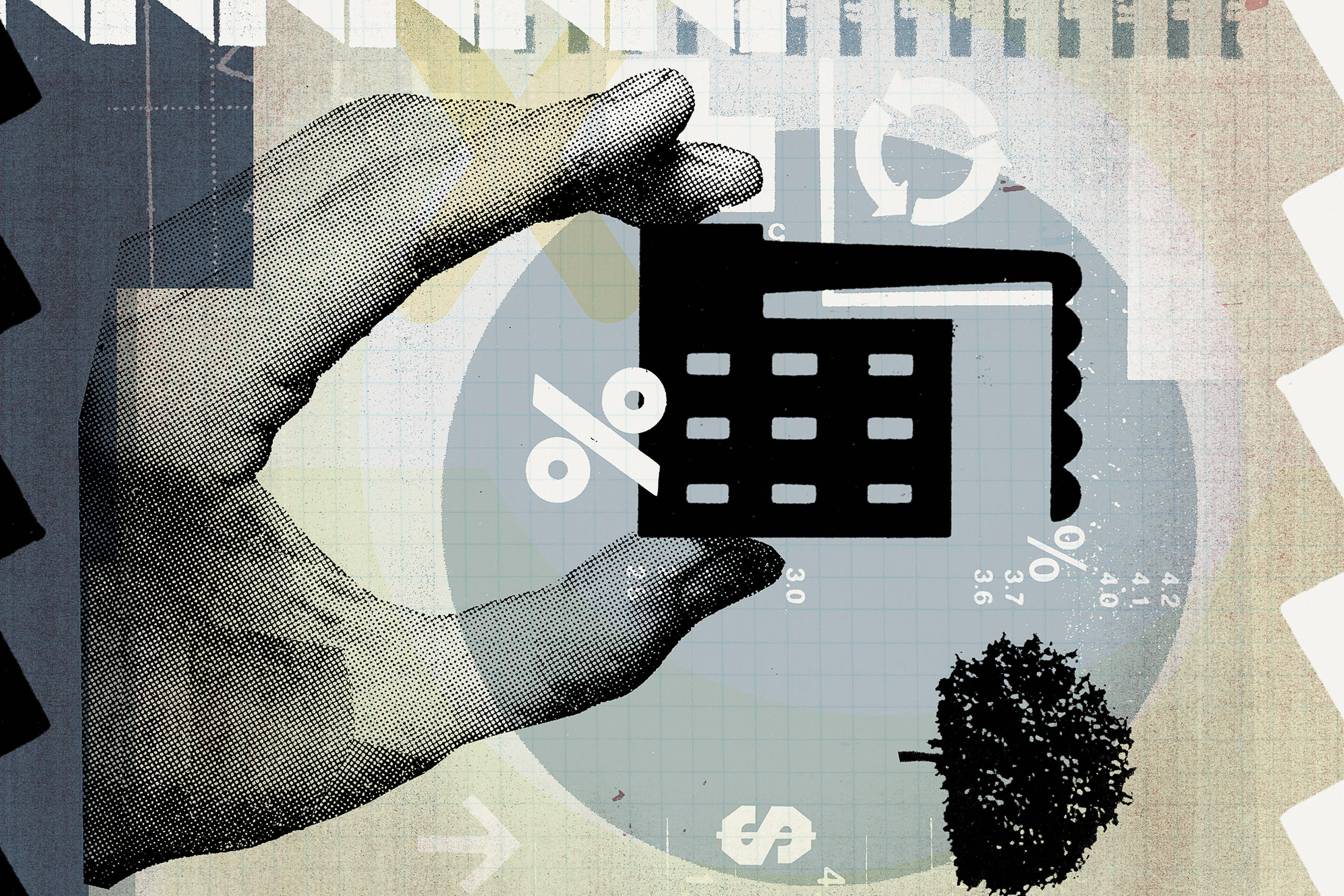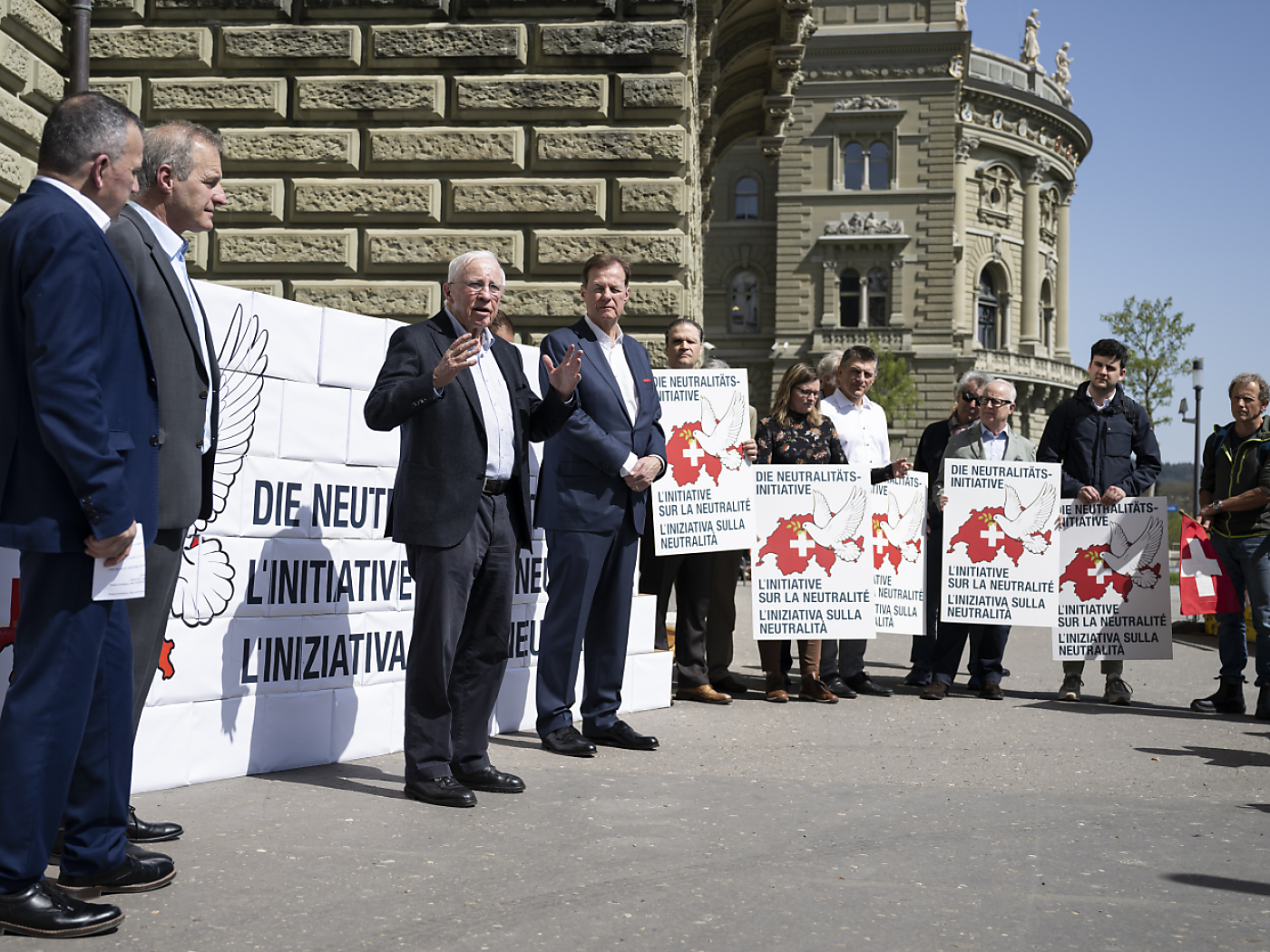Tax on capital gains targets Switzerland’s wealthy elite

A left-wing proposal for a new tax on shares, dividends, rents and assets seeks to fight the growing economic inequality in society.
The ‘”99% initiative” by the left-wing Young Socialists is another attempt to tackle disparities in distribution of wealth and income. It refers to the overwhelming majority in Switzerland who depend on an income from work.
The initiative is due to come to a nationwide vote on September 26 alongside a proposal to allow same-sex marriage in Switzerland.
It is the third set of votes this year and part of Switzerland’s system of direct democracy.
What’s at stake?
The youth chapter of the Social Democratic Party wants to increase tax on capital revenue at national and cantonal level – that is dividends, shares, interest on wealth and rents – by a factor of 1.5 compared with regular income tax.
Gains below CHF100,000 ($108,500) are not subject to the higher level of taxation. Social security benefits and income from self-employed activities would also be exempted.
The new revenue for the national and cantonal authorities – estimated by the campaigners at CHF10 billion annually – is to be used to reduce the financial burden for middle- and low-income earners and for welfare according to the proposed constitutional amendment.
Further details are to be defined by parliament.
Switzerland currently has no national levy on capital gains but many cantons, which have wide-ranging autonomy on fiscal matters, charge holders of financial assets with a wealth tax.
What are the main arguments for the initiative?
The campaigners argue a tax reform is essential to prevent a widening gap between rich and poor as about 43% of assets in Switzerland are in the pockets of just 1% of the population.
This leaves the other 99% of the population to share the rest – hence the name of the initiative.
The campaigners claim their proposal is a step towards more equality. If accepted by voters, it would benefit the overwhelming majority of the population, notably through higher salaries, improved childcare and further education offers, as well as less expensive health insurance premiums.
The initiative committee also argues that owners of large assets have been granted several reductions of their tax bills over the past two decades. This includes a property tax slashed by half, a curb on corporate taxes and stamp duty (tax on financial transactions), and the end of a nationwide levy on capital and a tax on inheritance in many of the country’s 26 cantons.
What are the main arguments against?
Opponents argue the proposals are not necessary, would harm Switzerland’s economy and competitive edge and fail to redistribute wealth. The potential financial impact of the initiative is impossible to foresee, they argue.
The government said the gap between rich and poor is not dramatic in Switzerland compared with other countries as the current system of taxes and social security benefits creates a balanced distribution of wealth.
The Swiss Business Federation (economiesuisse) has warned that small and medium-sized companies and employees would pay the price if the initiative were accepted.
In a similar vein, the main political parties from the right to the centre say an investment drain and the lack of innovation due to higher taxes could force the closure of many family-owned companies already reeling from the economic impact of the Covid-19 pandemic.
Why do Swiss voters have a say?
The Young Socialists said they collected more than 130,000 signatures for their proposal within 18 months in line with legal requirements. About 110,000 signatures were handed over to the Federal Chancellery in April 2019.
It takes at least 100,000 signatures from Swiss citizens for a people’s initiative to come to a nationwide vote. If approved at the ballot box it triggers an amendment to the country’s constitution.
More than 220 initiatives have come to a nationwide vote in Swiss history, but only 23 won a majority according to official data.
More
Who are the supporters and opponents of the initiative?
The initiative is supported by the Social Democratic Party (the parent party of the Young Socialists) as well as the Green Party.
Trade unions have also recommended approval of the initiative.
All the other main political parties, a majority in parliament, the government and the business community have come out against the proposal, recommending a no vote on September 26.
Third time lucky?
This is third time that the Young Socialists bring a people’s initiative to a nationwide vote.
In 2013, voters rejected a proposal to cap the salaries of top managers. A similar outcome resulted three years later for an initiative to fight poverty and hunger in the world by restricting financial institutions in Switzerland from speculating on food and agricultural commodities.
Tax votes: Frequent but often unsuccessful
Tax issues have been on the vote agenda regularly over the past decades but most of the constitutional amendments failed to win a majority at the ballot box. Even the government and parliament have a mixed record.
None of the reform proposals launched by the main parties have been endorsed by voters over the past 20 years. Attempts from across the entire political spectrum to alleviate the tax burden for families, married couples and childcare were all thrown out by voters.
The Greens and Liberal Greens targeted the use of energy with no success. The Social Democrats and their allied trade unions typically took aim at the privileged and wealthy but to no avail: Proposals to abolish tax perks for rich foreigners or a reform of taxation on inherited fortunes have all flopped at the ballot box.
A first attempt by the Trade Union Federation to introduce a capital gains tax came to nothing in 2001. The Social Democrats fared no better last year when voters refused to veto tax breaks which allegedly benefit well-off families with children.
Two more initiatives could come to a nationwide vote in the next few years. Campaigners are trying to win the necessary support from citizens for the introduction of a microtax on financial transactions.
Another group has recently launched its campaign to collect signatures for a reform of the tax system for individuals.
Switzerland levies taxes at the federal, cantonal and local levels, with cantons setting their own rates. Taxes generally tend to be lower than in much of Europe.
The 26 cantons retain control over tax rates, which means varying levels throughout the country.
Rates are graduated according to levels of income and assets, as well as family status. Anyone over the age of 18 must pay taxes.
Foreign workers without a C permit have taxes withheld directly from their salaries.
Swiss citizens and foreigners with a C permit do not have taxes automatically withheld from their pay checks and must complete a tax declaration form each year. The amount due is based on the amount earned as well as assets.
The Federal Tax AdministrationExternal link offers more information.
The portal ch.ch also offers a useful overview External linkof the various other types of taxes – vehicle, property, assets, pets, etc. – levied in Switzerland.

In compliance with the JTI standards
More: SWI swissinfo.ch certified by the Journalism Trust Initiative













You can find an overview of ongoing debates with our journalists here . Please join us!
If you want to start a conversation about a topic raised in this article or want to report factual errors, email us at english@swissinfo.ch.